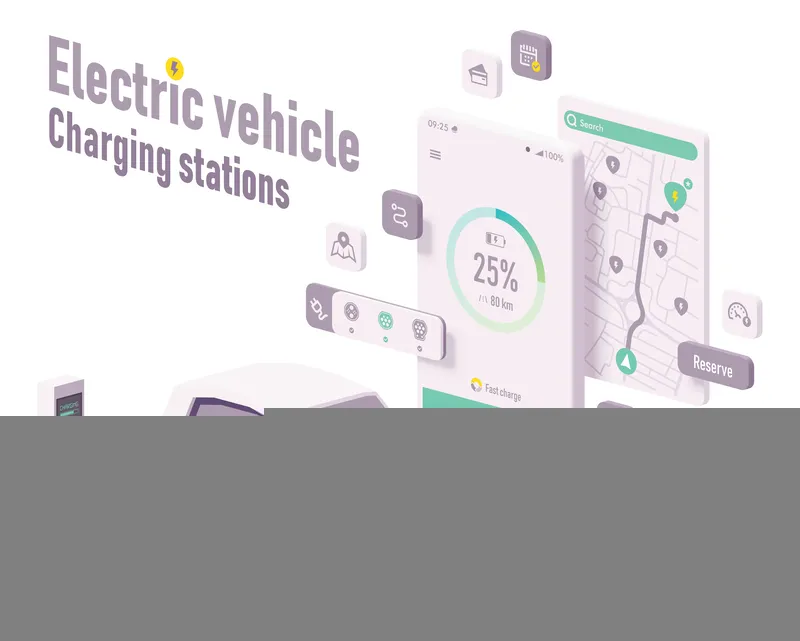According to online automotive information resource Edmunds.com, Tennessee residents rank among the US's top consumers of electric vehicles, with 2.9 per cent of all new electric vehicles sold so far this year registered in the state. "This rate is more than one and a half times the state’s share of all new car registrations in the US, where Tennessee ranks 19th overall at 1.7 per cent," Edmunds officials said. Edmunds found that much of the state's enthusiasm is because of the Nissan Leaf; 93 percent of al
November 7, 2012
Read time: 2 mins
According to online automotive information resource 6843 Edmunds.com, Tennessee residents rank among the US's top consumers of electric vehicles, with 2.9 per cent of all new electric vehicles sold so far this year registered in the state.
"This rate is more than one and a half times the state’s share of all new car registrations in the US, where Tennessee ranks 19th overall at 1.7 per cent," Edmunds officials said.
Edmunds found that much of the state's enthusiasm is because of the838 Nissan Leaf; 93 percent of all electric vehicles sold in Tennessee in August of this year were Leafs, a rate that compares favourably to the rate of 55 percent of all electric vehicles in California, which leads the nation in sales of electric vehicles.
According to Edmunds.com, 3.4 percent of new car registrations in the US through August were hybrid or electric vehicles, an increase of a percentage point over the whole of 2011.
“Mainstream car buyers have been slow to accept hybrid and electric vehicles, but the numbers are trending up, and you can almost hear a sigh of relief from automakers who made big bets on these vehicles,” Jessica Caldwell, Edmunds.com senior analyst, said.
“As more alternative fuel vehicles come to the market and as prices for these cars become more affordable, we expect a higher percentage of shoppers will at least consider an alternative-fuel vehicle the next time they’re buying a new car."
"This rate is more than one and a half times the state’s share of all new car registrations in the US, where Tennessee ranks 19th overall at 1.7 per cent," Edmunds officials said.
Edmunds found that much of the state's enthusiasm is because of the
According to Edmunds.com, 3.4 percent of new car registrations in the US through August were hybrid or electric vehicles, an increase of a percentage point over the whole of 2011.
“Mainstream car buyers have been slow to accept hybrid and electric vehicles, but the numbers are trending up, and you can almost hear a sigh of relief from automakers who made big bets on these vehicles,” Jessica Caldwell, Edmunds.com senior analyst, said.
“As more alternative fuel vehicles come to the market and as prices for these cars become more affordable, we expect a higher percentage of shoppers will at least consider an alternative-fuel vehicle the next time they’re buying a new car."









